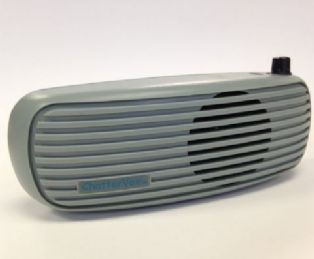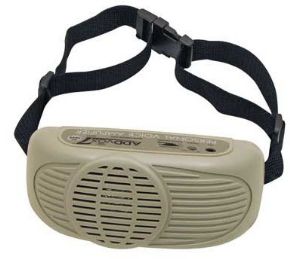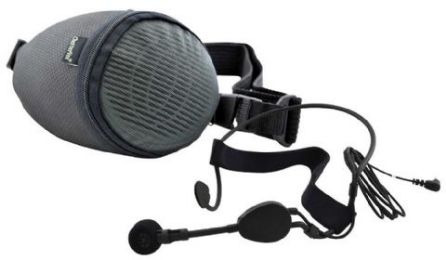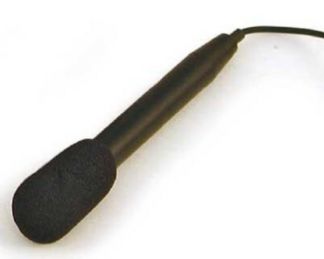



.jpg&newheight=260&quality=80)


.png&newheight=260&quality=80)
~2.jpg&newheight=260&quality=80)


What is a Voice Enhancer, or Personal Voice Amplifier?
These useful devices are speech aids designed to help those with weak voices or who are impaired because of medical conditions to communicate more easily through amplified or enhanced sound production. For example, a device may be incorporated into a telephone to amplify the speaker’s voice. There are also battery-operated portable devices worn as headsets or around the waist. Personal voice amplifiers make daily life less frustrating and more enjoyable for those who want to be heard — and for the caregivers, therapists, family and friends who want to communicate with them.
Who can Benefit from the Use of a Voice Enhancer?
People with soft or weakened voices that can be enhanced and projected more clearly will benefit from improved communication. Perhaps background noise in a car, bus or crowded restaurant makes it difficult to be heard. Amplifying the sound of the voice leads to better conversations, with less need for repetition and fewer misunderstandings. This can be a relief to both the speaker and the listener.
For those who rely on their voices to talk with groups regularly such as sales people, teachers, clergy, tour guides, coaches and public speakers, personal voice amplifiers can minimize voice strain and fatigue, enhancing the quality of the listener experience. This can be useful in everyday classrooms, large auditoriums and indoor and outdoor sports venues.
Additionally, those whose voices are impaired because of medical conditions or throat surgery can also benefit from using personal voice amplifiers. Vocal nodules can result in hoarseness and weakened sound production. Medical conditions that include Parkinson’s, MS, Guillain-Barré syndrome, ALS and stroke may impair throat or chest muscles, damage or partially paralyze vocal chords or diminish lung capacity. These situations affect speech production.
Artificial larynx users, esophageal and TEP speakers, and those who have lost their vocal chords and/or larynx following throat cancer surgery may also benefit. A voice enhancer or personal voice amplifier can also be useful during speech therapy when reacquiring speech after stroke or injury. Hearing one’s voice more clearly during articulation exercises leads to more productive sessions.
Will a Voice Enhancer Help Me?
A personal voice amplifier user must be able to shape words reasonably well as voice enhancers improve only volume, not choice or articulation of words. A trained speech therapist can assist with the determination and appropriate product selection. When in a quiet room with a listener of average hearing ability, if the speaker’s decipherable or undecipherable vocal sounds can be heard from approximately 12 inches to 18 inches away, then a powerful amplifier might bring the voice up to an understandable and usable level. Ask a trained speech therapist to confirm whether you are a good candidate for vocal enhancement.
What features should you look for in a personal voice enhancer?
• Lightweight
• Portable
• Hands-free (perhaps attached to a belt and called a “waistband amplifier”)
• Adjustable volume control
• Adjustable tone control
• Battery powered, with no cord to limit movement and no risk of electric shock
Making oneself understood through speech communication is important to maintaining relationships, independence and self-assurance. Personal voice amplifiers and voice enhancers can help those who struggle with vocal self-expression to clearly be heard.
Hulet Smith, OT
Rehabmart Co-Founder & CEO
nrb